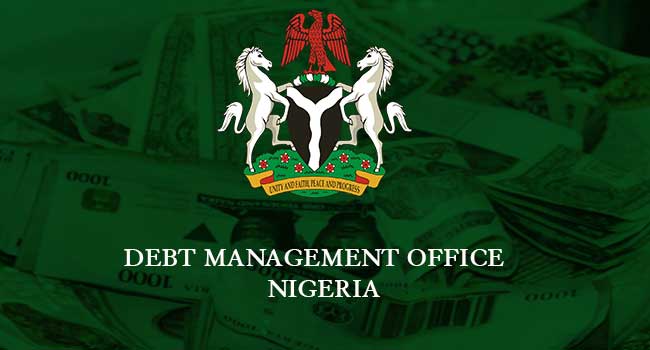Abuja, July 28, 2025 — Nigeria’s promissory note debt has recorded a significant reduction, sparking growing concerns among stakeholders and public finance observers over the transparency and accountability of the debt reconciliation process.
While government officials have hailed the development as a step towards fiscal prudence, critics are questioning the methods and criteria used in determining the debt adjustments. The promissory note programme, designed to settle longstanding obligations to contractors, exporters, and other private entities, has long been a subject of public scrutiny due to its complex verification process and history of delayed payments.
According to data from the Debt Management Office (DMO), the country’s total outstanding promissory notes have declined sharply over the past quarter. However, details surrounding the beneficiaries of the debt settlement, the value of debts written off, and the reconciliation mechanisms remain largely undisclosed to the public.
Economic analysts and civil society groups are calling for greater openness from the Federal Ministry of Finance and the DMO. “We are seeing figures drop, but without a clear audit trail or a published breakdown of the settlements. This raises questions about whether all debts were properly verified or whether some legitimate claims were excluded,” said Chika Ibe, a public finance expert.
The House of Representatives Committee on Public Accounts has also hinted at the possibility of launching a formal inquiry into the procedures that led to the reductions, emphasizing the need to uphold public trust and financial accountability.
As Nigeria continues to navigate a tight fiscal space, stakeholders insist that every step taken to manage debt must be accompanied by transparency, due diligence, and public engagement.

